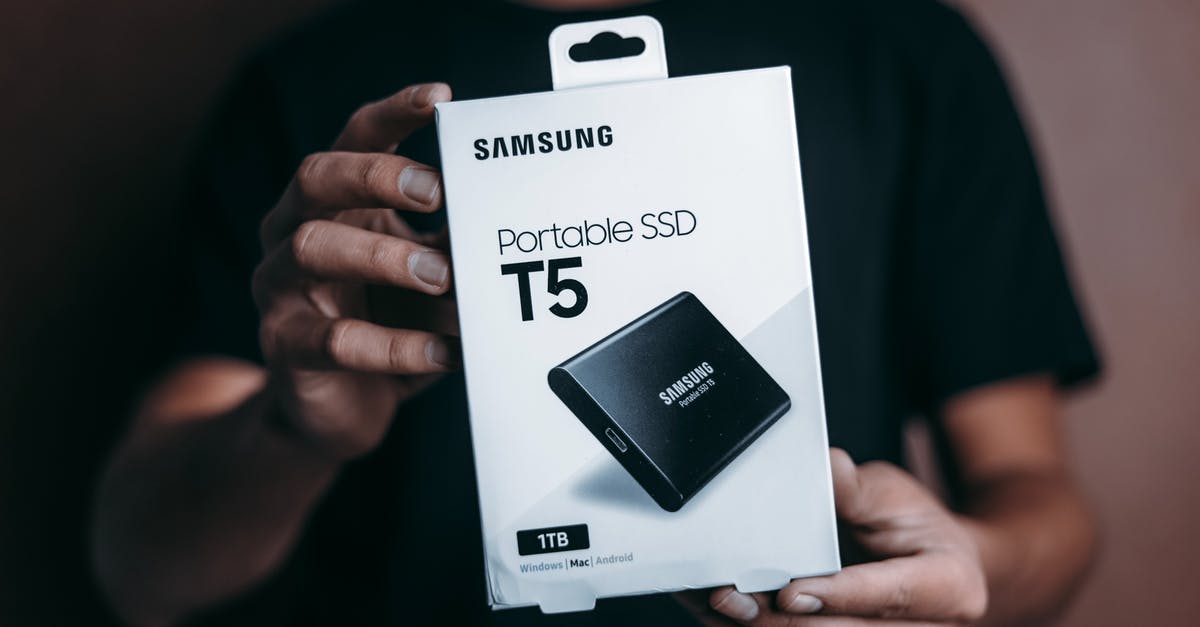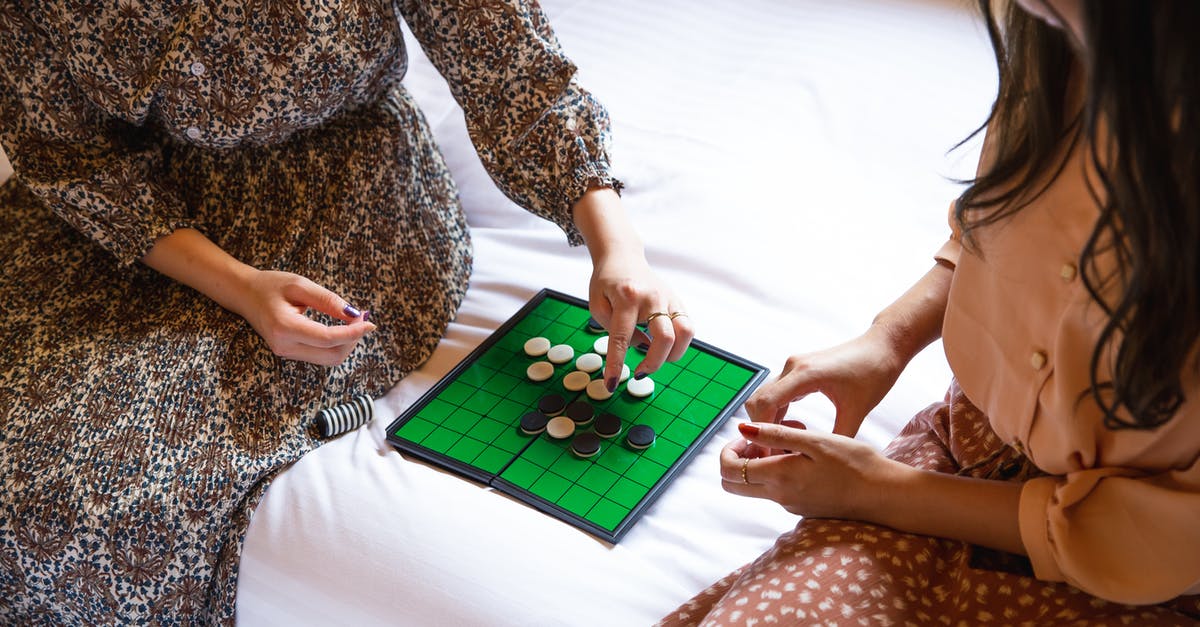Separate SSD disk for faster gaming?

I have a spare 120GB SSD kicking around and I was wondering if plugging it in and downloading my Steam games to it would have any performance benefit? Currently I have a 240GB SSD with both Windows 10 and all of my Steam games.
I can't complain about performance but I was just wondering if it would make any difference.
EDIT
More context #1:
Data loss is not a problem - this is a gaming-only PC with no persistent data - not even game saves. I have a separate machine for work.
More context #2:
Lets focus on games like Arma 3 and GTA, which load the world data as the player explores it.
Best Answer
Since you're already on SSD, adding another as an extra drive will not improve performance much (if at all). The difference would be negligible unless you had a really bad drive or one that already has bad sectors. Any SSD would be faster than a traditional hard drive.
With that said, you should still consider using it as a game drive instead of using your main OS drive. By doing so, you can prolong the life of your main drive as you're doing less reads/writes to it when playing your games. SSDs won't last forever so you wouldn't want to kill it off too quickly.
If you wanted to actually improve your performance with the extra drive, you'll want to look into setting up your drives in a RAID configuration (e.g., RAID 0). Just be warned that by doing so, depending on the level you choose, you may increase the chances of potentially catastrophic failure.
And if you didn't get the hint, make sure you have backups in any case. Consider a regular high capacity HDD for backups if you don't already have one.
Pictures about "Separate SSD disk for faster gaming?"



Do games run better on a separate SSD?
Yes, do that - keep windows on sata SSD. That's easiest/simplest method, also makes most sense. Migrating OS from sata SSD to NVME SSD won't give much performance benefit. Yes - your system would boot by couple of seconds faster, but that's about it.Should I partition my SSD for gaming?
For the standard user, there is no need to partition your SSD. Modern operating systems including Windows, Mac, and Linux all automatically create three partitions upon installation. SSDs are also not prone to the same issues as traditional hard disk drives which recommend partitioning as a best practice.Is it better to run games on a separate hard drive?
By having your games on a different hard drive, you allow your OS to use the space more effectively on its own drive. One of the thing modern OS's do is save data from memory to storage(SSD in this case) when it isn't likely to be used in a while.Do SSD drives make games run faster?
SSDs work without moving parts, giving them an advantage over HDDs. Games launch and levels load faster when installed on an SSD. SSDs provide a smoother experience in games that stream assets from storage.Should you keep your OS \u0026 Games on different drives?
More answers regarding separate SSD disk for faster gaming?
Answer 2
If the two drives are on different datapaths, you will notice a substantial improvement. Most motherboards have all drives on the same datapath though (some high end ones have two separate datapaths). If you are looking for an improvement with only a single datapath, you have to find what the maximum thouroughput and average thouroughput of the path is, and see if the single drive is "maxing out" that path. If it's not, another drive will allow faster reading. With SSD's though, you almost certainly have maxed out the datapath, and will not see improvements.
Answer 3
My motherboard has 2 M.2 drives that I use. One a Samsung 970 Pro (1TB) and the other a 980 Pro (2TB). I have an additional Samsung 850 (1 TB) that is used to stage files when I want to move them. I use my 980 as my Primary, with my 970 as the secondary. The speed difference is almost negligible. The 980 is of course faster, but imperceptible at this point. I would offer a different answer than I have seen so far. I use my secondary drive as a layer of security. Separating files that I download from my OS partition and scanning them before execution is a good security practice. If you use your system for gaming alone, do whatever. If you do anything on your computer for administrative work, I suggest separation of your data.
As for speed concerns, if you are not overtaxing the space on your primary drive, you can just partition it and install Steam (or whatever) on your new partition. If you need the extra space, absolutely install on a second drive. Avoid (an ALWAYS rule) reaching less than 10% free space, and you should attempt to always keep 30%, if possible. Make use of your SSD's ability to act as memory for processing.
Answer 4
Here's a different angle than the other answers, or perhaps a slight expansion on something Jonathan Drapeau said in his answer. By having your games on a different hard drive, you allow your OS to use the space more effectively on its own drive. One of the thing modern OS's do is save data from memory to storage(SSD in this case) when it isn't likely to be used in a while. The problem, though, is that as your drive fills up, your OS has a smaller space to save this data, and can end up thrashing.
So, as you download more games you'll eventually, and inadvertently, cause your OS to thrash, which will reduce the performance of your games. If you have your games on a separate drive, your computer won't consider that disk space to be useable for swap/paging and you won't have the problem of thrashing, even if you fill it up to 99%.
For the best performance, I would recommend your OS drive to be your slower driver, and your gaming drive to be your fastest. Many people already do this configuration, and I even have it setup where my OS drive is a spinning HDD and my gaming one is SSD.
Answer 5
Short answer: No. Your 240GB SSD is likely faster than your 120GB one. You could stripe/RAID0 them, but that has implications.
Long version:
You could software-RAID0 (stripe) the 120GB with the 240GB drive, which would get you extra performance, but that'd probably mean you're going to waste 120GB of that 240GB drive, and you wouldn't be able to boot from it anymore. On Linux you'd be able to just use mdadm to RAID0 partitions of the separate drives, and use the spare 120gb of the 240gb disk to boot from and such, but I'm not sure windows could do the same. I'm pretty sure you'd at least have to convert them both to GPT partitions, which means you wouldn't be able to boot from it with win7.. Worth a shot if you know your way around in Disk Management (start->rightclick computer->manage->disk management) that would be a way you could improve performance I guess.
But in practice? If you just plug in an extra 120gb drive and use that instead of the 240gb one, due to the way most SSDs basically RAID0 their NAND internally, your 240GB drive is going to be faster than the 120GB one, so you'd probably see a performance degradation. Although most games don't really max out the performance of SSDs regardless, so the difference would be negligible.
At most, if you're a super heavy multitasker, when you're doing something extremely disk-intensive during gaming, you could see an improvement of using a different disk just because that 120gb drive wouldn't be occupied.
Answer 6
If the OS is using the paging file while the game is loading (not unusual, as other things are paged out to accommodate the game), that will load the SSD considerably. So you'd get a benefit from either a second SSD or turning the pagefile off - provided you have enough RAM. The latter used to be recommended on SSDs to extend the lifetime.
Sources: Stack Exchange - This article follows the attribution requirements of Stack Exchange and is licensed under CC BY-SA 3.0.
Images: Markus Spiske, Luis Quintero, Ryutaro Tsukata, Monstera
